





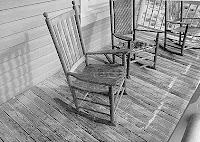
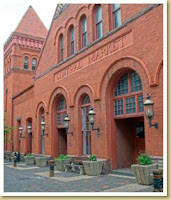


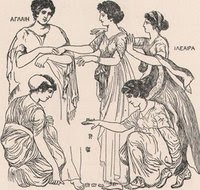



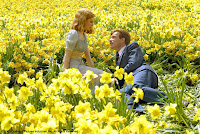
 "Leisure, it must be remembered, is not a Sunday afternoon idyll, but the preserve of freedom, of education and culture, and of that undiminished humanity which views the world as a whole."
"Leisure, it must be remembered, is not a Sunday afternoon idyll, but the preserve of freedom, of education and culture, and of that undiminished humanity which views the world as a whole."
Contemporary understandings of leisure are ill-informed. Leisure is now "time for yourself"--which means time that does not have to even pretend to be useful, neither for the body, nor for the soul. It is, at least for introverts, time that belongs to oneself and not to the community--a private time to be withdrawn and engage in private "hobbies" or other amusements. Contemporary approaches to leisure compartmentalize time for worship as something that has to "get done" (another chore to do as part of our busyness), rather than characterizing it as a way of being--a different involvement with and use of time, one that is intended, not for usefulness, but for sacrifice.
"[T]he reason for my dissatisfaction with philosophy as a profession--I now believe to lie in the divorce of philosophy from theology."--T.S. Eliot in the Introduction to Leisure the Basis of Culture
"[I]t is more than likely that the 'who,' which appears so clearly and unmistakeably to others, remains hidden from the person himself, like the daimon in Greek religion which accompanies each man throughout his life, always looking over his shoulder from behind and thus visible only to those he encounters." --Hannah Arendt, The Human Condition

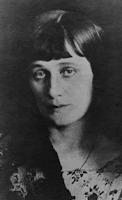
When Jesus saw his mother there, and the disciple whom he loved standing nearby, he said to his mother, "Dear woman, here is your son."
John 19:26
If any man come to me, and hate not his father, and mother, and wife, and children, and brethren, and sisters, yea, and his own life also, he cannot be my disciple.
John 14:26

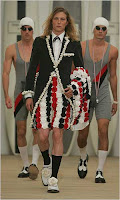

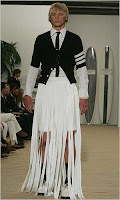

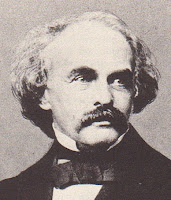
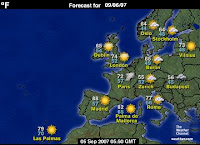

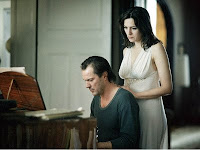
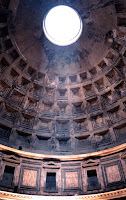
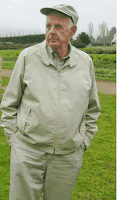
In A World Lost, Andy Catlett seeks the details behind his uncle's death, which happened when Andy was a child. He finds that the truth about his uncle's death exists, in part, in the stories that the town creates in order to help them make sense of his death. A friend of mine complains that Berry never has any representatives of the law and politics in his novels. In this one, however, Andy's father is a lawyer, there is a law-suit in the background (over the punishment of Andy's uncle's murderer--who is sent to jail for two years), and there are court records from the trial.
Also, on the question of whether one can be an agrarian if one isn't a farmer, I think that Andy's father provides a good insight. Andy's father was a lawyer and a farmer and all of his lawyering was connected to his love for farming: "Farming was his passion, as the law was; in his the two really were inseparable. As a lawyer, he had served mostly farmers. His love of farming and of farming people had led him into the politics of agriculture and a lifelong effort to preserve the economy of small farms."